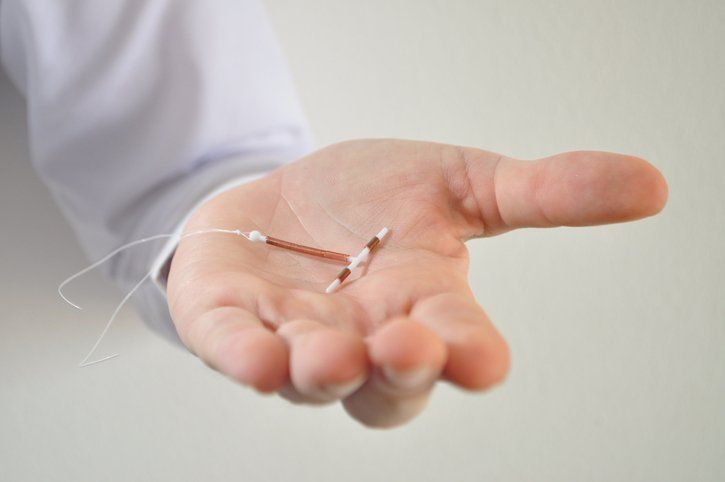Everything You Need to Know About IUD Side Effects and Removal
- By Ademin
- •
- 02 Jun, 2022
- •

Intrauterine devices (IUDs) are a common family planning option among many women because of their effectiveness. The Centers for Disease Control and Prevention approximates IUDs at more than 99% effectiveness. Thus, women perceive IUDs to have an almost negligible risk of pregnancy.
Unfortunately, many women do not know what to expect after receiving IUDs — they often rely on their friends' advice, which can be misleading. For example, some women do not know that IUDs could be problematic, warranting removal. This blog outlines some common side effects of IUDs, situations that may warrant removal, and post-removal effects.
Common Side Effects of IUDs
Women using IUDs experience different side effects, which also vary in intensity. For example, some women complain of severe cramps and back pain within a few days of IUD insertion. Your gynecologist will likely attribute the cramps to the expansion of the cervix during insertion. Fortunately, the cramps should fade after a few days.
Some women may also notice spotting outside their period days. Mild spotting should not be a concern because it often clears within a few months. However, patients with severe bleeding should seek gynecology care to ascertain that they have no injuries or they are not at risk of anemia.
Lastly, IUD insertion may alter women's menstrual cycles triggering irregular periods. Some women may have shorter cycles, whereas others may have longer cycles than normal. However, this is normal after IUD insertion and should not be a reason for concern.
Reasons for IUD Removal
Most patients do not experience severe side effects after IUD insertion. However, some women may experience side effects necessitating immediate removal. Your gynecologists may recommend IUD removal for the following reasons:
Expiration. IUDs are effective for a specific period after which gynecologists should remove or replace them. It is a minimally invasive procedure with mild side effects.
Pain during sex. Some women experience pain during intercourse after IUD insertion. Initially, your gynecologist may attribute the pain to the cramps. However, severe pain warrants seeking medical care.
Pregnancy. IUDs are not 100% effective, as women with IUDs may still conceive. Your gynecologist will recommend removing the IUD so that it doesn't interfere with the pregnancy.
Uterine perforation. Although rare, an IUD may perforate your uterus resulting in severe cramps. You may require removal and surgery to remedy the situation.
Sexually transmitted infections. Following a positive STI test, IUD removal may be necessary to allow for effective treatment. Removing the IUD mitigates the risk of vaginal inflammation, which could deteriorate the situation.
Switching birth control methods. Patients may request IUD removal in preference for other alternatives. The decision may arise from personal preferences or recommendations from a gynecologist.
Side Effects After IUD Removal
Women may experience side effects after IUD removal, including mild bleeding and cramps. Your gynecologist may prescribe medication to relieve the pain. However, patients should seek medical care should the side effects persist beyond a few weeks after IUD removal.
Fertility After IUD Removal
Women can conceive immediately after IUD removal. However, the possibility varies depending on other issues like hormonal imbalances. Moreover, women with underlying fertility issues may also fail to conceive after IUD removal. Thus, patients should seek gynecology care even after IUD removal for close monitoring.
Caution Regarding IUD Removal
Gynecologists dissuade patients against attempting IUD removal at home. It may result in infections or uterine perforations. You do not want to risk your fertility and health when you can visit a gynecologist for professional medical care.
Patients seeking additional information regarding IUD side effects and removal may book an appointment with Jack G. Faup M.D. We have certified gynecologists to assess your situation and recommend effective remedies.


